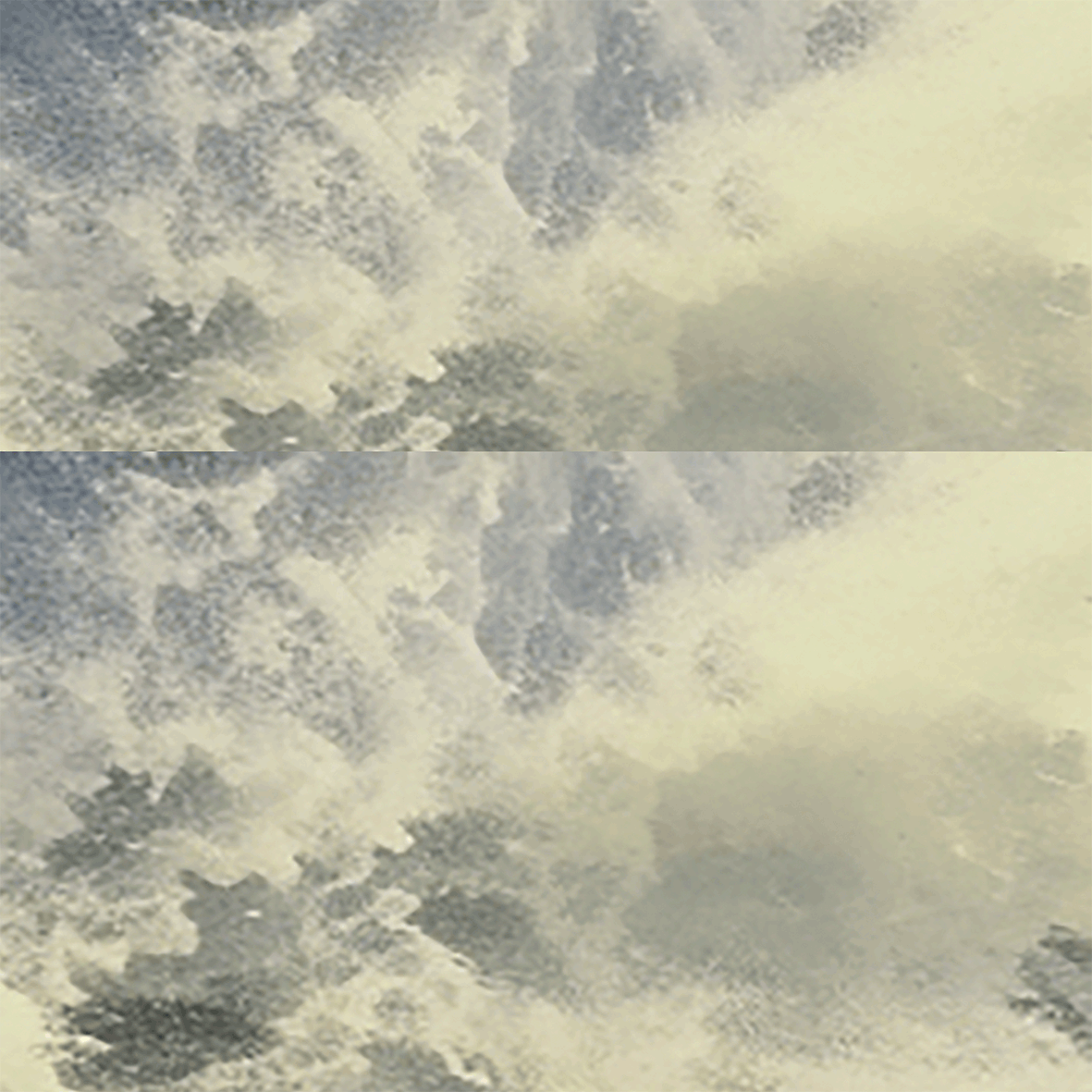Streaming
Jackson Institute

Streaming stems from the sound recording of a wild river in Poland,-the Pszemsza of Bledowska-, and its central role in the narrative of a digital musical flux. An envisioned meeting point of our relationship to water with new media and information technologies, suggests a converging point of various crises. The intricacies of disasters (whether intimate, financial or environmental) feed the meditative and therapeutic vocation of an expressive form aiming to face the inherent violence of techno-centric power structures and their devices. This work seeks to question the foundations of our desire for subsistence in an age of hydric stress and informational overabundance.
Composed around a kind of sonic fetishism of both depth and surface recordings of the river, Streaming lets its acoustic material twirl along gushing ornamentations of a liquid piano. An interplay of tension and release crafted around resonating springs and harmonic runoffs, sets in movements a western score going adrift, making it seem as if its pianist had never even existed. Frequency waves and fragments of sedimented MP3s stir a music of emotional overflows, flooding against the current of its original production device. A speculative quest for floating signifiers tends towards hybrid and metamorphic futures, envisioning a way out of the cult of technological innovation.
The mirroring of the entangled networks from which pour, relentlessly, the world’s streams of pleasure and distress echoes, in this context, the relations between natural resources management and human unconscious drives. An aesthetic of drowning strives to counteract the narrative of a current wreckage by seeking to grasp, with an invisible hand, the sensitive and symbolic framework of a liquid society.
The hypothesis of tapping into a deep memory of water, prior to the domestication of thought by language, sketches the reflections of a possible dissolution of the metapsychological conflicts of an alienated hypermodernity. The acts of listening to water and internalizing the biological world eventually become the fertile agents of a poetics of desire, mindful of irrigating its mental landscape with a possible ‘Nouveau Roman’ of water.